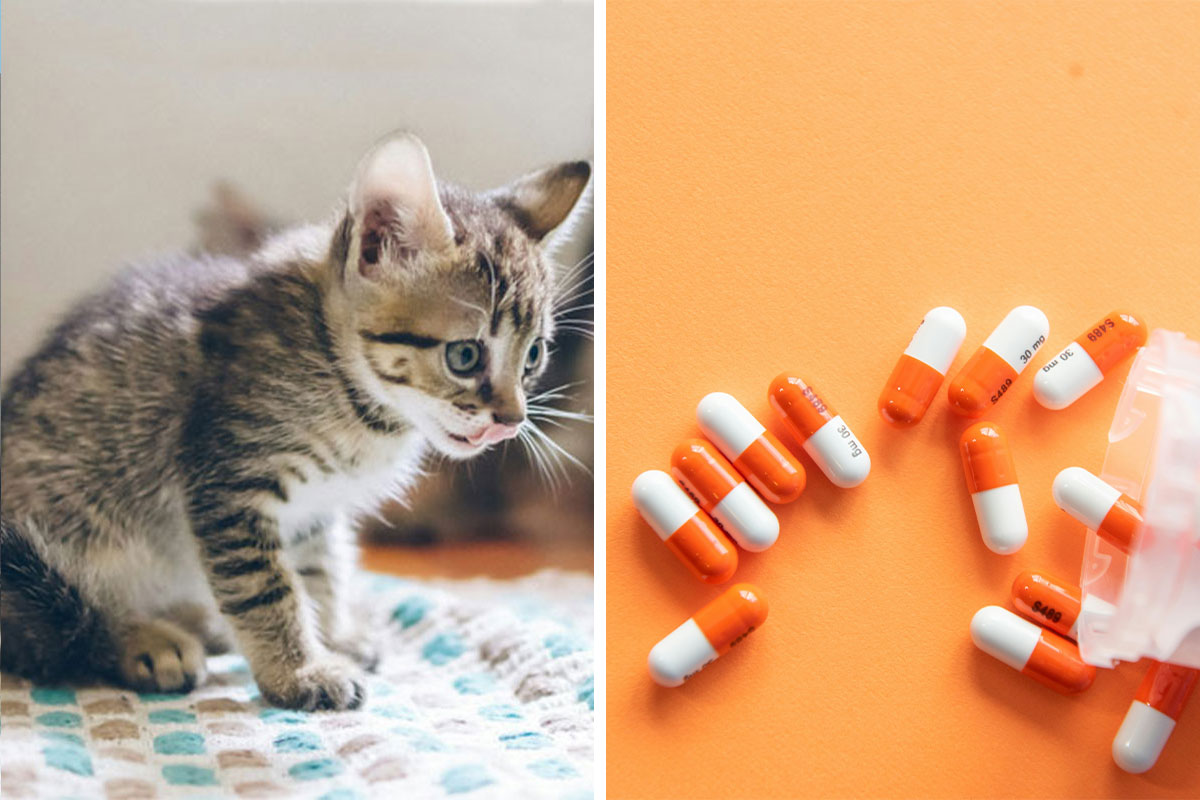
Kitten Has Diarrhea But Acts Normal: Causes, Symptoms, & When to Seek a Vet
Your kitten is bouncing around and playing like everything’s fine, but then you check the litter box and – yikes! Diarrhea. It’s a common problem for kittens, and there could be many reasons for it, ranging from dietary changes to infections
Even if your little furball seems totally normal, don’t ignore diarrhea. It can sneakily lead to dehydration, which is a big deal for tiny kittens. Plus, sometimes diarrhea might point to something more serious.
- Diarrhea in kittens can indicate serious conditions but is often easily treatable.
- Kittens face dehydration risk from diarrhea, needing prompt action.
- Dietary changes, stress, and infections are common causes of kitten diarrhea.
- Monitor kittens for additional symptoms like lethargy or vomiting.
- Veterinary care is crucial for identifying and treating the cause of diarrhea.
The good news is, in most cases, diarrhea is easy to clear up! But, it’s important to understand why it’s happening so you can take the right steps.
The information provided herein is for informational purposes only. Please refer to our disclaimer for more details..
- Common Causes of Kitten Diarrhea
- Symptoms of Diarrhea in Kittens
- Self-Resolving Diarrhea vs. Persistent Issues
- Home Remedies for Diarrhea in Kittens
- When to Seek Veterinary Attention
- Veterinary Interventions for Your Kittens
- Treatment Options
- Prevention and Long-Term Management
- Conclusion: Kitten Has Diarrhea But Acts Normal
- FAQs
- My kitten has diarrhea, but only a little. Should I still be concerned?
- Could my kitten’s diarrhea be caused by teething?
- Can diarrhea be a sign of food allergies in kittens?
- My kitten had diarrhea after a vaccination. Is this normal?
- Is there anything I can give my kitten at home to stop the diarrhea?
Common Causes of Kitten Diarrhea
If your kitten’s showing signs of diarrhea but still seems their usual playful self, it’s wise to understand what might be causing this upset. Let’s break down the common causes of diarrhea:
Dietary Changes and Sensitivities
Sudden switch-ups: Changing your kitten’s food too quickly can upset their digestion. Think of it like eating a whole pizza when you’re used to salads – tummy ache!
Lactose Intolerance: Kittens can’t handle cow’s milk. Giving them milk can be a recipe for diarrhea.
Food allergies: Some kitties have sensitive stomachs, and certain ingredients in their food can also cause issues. So, disturbed bowel movements can result in diarrhea.
Stress
Big Changes: Moving to a new home, new people, or new pets – these can all stress out your kitten and lead to digestive problems.
Weaning: The transition from mom’s milk to solid cat food can be tough on their little gut.
Internal Parasites
Pesky Worms: Roundworms, hookworms, and tapeworms are common in kittens and can cause diarrhea.
Tiny troublemakers: Protozoa like Giardia and Coccidia are microscopic critters that irritate the intestines.
Infections
Viral infections: Nasty viruses like panleukopenia (feline distemper) can cause serious diarrhea. Feline leukemia virus (FeLV) and feline immunodeficiency virus (FIV) also cause diarrhea in kittens. Make sure those kitten vaccinations are up-to-date!
Sometimes bacteria like Salmonella and Campylobacter can set up shop in a kitten’s gut.
Medication Side Effects
Some medications, even things like vaccines or antibiotics, can sometimes have diarrhea as a side effect.
Symptoms of Diarrhea in Kittens
It’s essential to be aware of both physical and behavioral changes that may occur alongside diarrhea in kittens. These additional symptoms can help determine the severity of the problem and guide appropriate treatment.
Physical Symptoms to Monitor
- Looser, watery, or formless stools are the main sign of diarrhea.
- Keep an eye out for mucus, blood, or an unusually foul smell – these aren’t normal.
- Kittens with diarrhea might strain in the litter box or need to go more frequently.
- Diarrhea can cause dehydration, so you might notice your kitten is extra interested in their water bowl.
Behavioral Changes
- If your normally playful kitten slows down significantly, it’s a red flag.
- Loss of appetite can be a sign that things are more serious than just a tummy bug.
- Vomiting, hiding, or acting unusually grumpy are all reasons to pick up the phone and call your vet.
Even if your kitten seems super energetic, it’s crucial to pay attention to when kitten start pooping in the litter box and watch for any other changes in their behavior. Trust your gut – you know your kitten best!
Self-Resolving Diarrhea vs. Persistent Issues
Sometimes, a bout of diarrhea in kittens may clear up on its own, especially if it’s caused by something simple like a minor dietary change or a little stress. Here’s what you need to know:
When to Expect Self-Resolution
If your kitten is otherwise bright, playful, and eating well, a mild case of diarrhea might resolve within a day or two. Ensure access to clean water to prevent dehydration is key during this time.
Importance of Monitoring: Even if you suspect it might be a passing thing, keep a close eye on:
- How long the diarrhea lasts.
- The consistency of the stool and if it’s improving.
- Your kitten’s overall energy levels and appetite.
Risks of Dehydration and Nutrient Loss
This is why diarrhea needs to be taken seriously. Kittens are small, and losing too much fluid through diarrhea can quickly make them weak. Prolonged diarrhea can also prevent them from absorbing the nutrients they need to grow.
While some diarrhea cases might go away on their own, don’t hesitate to reach out to your vet if things don’t improve, worsen, or you notice any other concerning signs.
Home Remedies for Diarrhea in Kittens
While waiting to see the vet, or if you’re dealing with a mild case of diarrhea alongside close monitoring, these home remedies can be helpful:
Ensuring Hydration
Fresh Water is Key: This is the number one priority! Make sure your kitten always has plenty of clean, fresh water. If they’re not drinking much, try flavoring the water slightly with low-sodium chicken broth to encourage them.
Rehydration Solutions: Talk to your vet about using a pediatric rehydration solution like Pedialyte if you’re concerned about your kitten’s fluid levels.
Dietary Adjustments
Bland Diet: A few days of boiled chicken and plain white rice can soothe their tummy. Start back on regular food gradually afterward.
Pumpkin Power: Adding a small amount of pure, canned pumpkin (not pie filling!) to their food can help firm up stools.
Probiotics: A pet-specific probiotic might help restore the balance of good bacteria in their gut. Check with your vet for product recommendations.
Over-the-Counter Supplements
Pectin and Kaolin: These ingredients are found in some anti-diarrhea medications safe for pets. Always check with your vet before giving any medication, even if it’s over-the-counter.
Home remedies can be helpful for managing mild diarrhea, but they’re not a replacement for veterinary care if your kitten is unwell or the diarrhea is severe or persistent. Always consult your vet for guidance about any significant dietary changes or the use of supplements.
When to Seek Veterinary Attention
Don’t try to handle kitten diarrhea alone, especially if it raises any red flags. It’s always better to err on the side of caution for your kitten’s health!
Immediate Vet Visit
- Young kittens (under 4 months): Their tiny bodies are more prone to dehydration and complications.
- Severe or watery diarrhea: This means lots of fluid loss and a greater risk of becoming unwell quickly.
- Blood in the stool: This could indicate a serious infection or intestinal damage.
- Vomiting, lethargy, or other concerning symptoms: These suggest your kitten might be fighting something more than just tummy troubles.
Monitor and Consult a Vet
- Diarrhea lasting more than a day or two: Even mild diarrhea can become a problem if it continues.
- Kitten seems ‘off’ but not critically ill: Perhaps they’re eating a little less or slightly less playful. When in doubt, a vet check can put your mind at ease.
Your veterinarian is your best ally in figuring out the cause of your kitten’s diarrhea and getting them back to their playful, healthy selves!
Veterinary Interventions for Your Kittens
When a kitten’s diarrhea calls for a professional, here’s what you can expect:
Diagnostic Approaches
Fecal analysis (checking for parasites, bacteria, and signs of digestive problems) is often the first step.
Blood tests can assess overall health, organ function, and look for signs of infection or inflammation.
X-rays or ultrasounds might be used if the vet suspects an underlying issue like a blockage or an intestinal problem.
Treatment Options
The treatment your veterinarian recommends will depend entirely on the underlying cause of your kitten’s diarrhea. Here are some common approaches:
Dietary Changes
- Bland Diet: A temporary switch to easily digestible foods like boiled chicken and rice can soothe the gut.
- Prescription Food: Your vet might recommend a specialized diet formulated for sensitive stomachs or specific conditions.
Medications
- Deworming Medication: Eliminates intestinal parasites.
- Antibiotics: Treats bacterial infections.
- Antivirals: Used in specific viral infection cases.
- Fluid Therapy: Replaces lost fluids and electrolytes, potentially given as subcutaneous injections (under the skin) or intravenously for severe dehydration.
Probiotics and Prebiotics
- Probiotics: Supplements containing beneficial bacteria to rebalance the gut flora.
- Prebiotics: Dietary ingredients that promote the growth of good bacteria.
Long-term Management
- For chronic conditions like IBD, ongoing medication, special diets, and regular monitoring may be necessary.
Importance of Timely Medical Intervention
- Preventing Complications: Kittens can deteriorate quickly. Seeking veterinary help early prevents dehydration, weakness, and possible secondary problems.
- Faster Diagnosis, Faster Relief: Pinpointing the cause means getting the right treatment started sooner, getting your kitten back to feeling themselves faster.
- Peace of Mind: Knowing your vet has ruled out anything serious and your kitten has the right care plan is reassuring for any worried pet parent!
Prevention and Long-Term Management
While not every diarrhea episode is preventable, there’s a lot you can do to minimize your kitten’s risk:
Preventive Measures
- Regular deworming: Kittens are often born with worms, so a vet-recommended deworming schedule is essential.
- Stress management: Minimize major changes to their routine, provide safe spaces to hide, and ensure they have playtime and enrichment.
- Dietary consistency: Avoid sudden food changes. Introduce new foods gradually over a week or more. Feed a high-quality diet appropriate for their age.
- Vaccinations: Protect your kitten from serious viral diseases that can cause diarrhea.
Importance of Routine Veterinary Check-Ups
- Early detection: Regular vet visits can catch potential health issues before they become serious problems.
- Long-term Management: For chronic conditions, your vet can help create a plan to manage their symptoms and keep them comfortable.
Educating Pet Owners
- Know the signs: Help pet owners understand the symptoms of diarrhea and other gastrointestinal problems in kittens.
- When to worry: Emphasize that diarrhea, especially when accompanied by other symptoms or lasting longer than a day or two, warrants veterinary attention.
By being proactive and observant, you can help your kitten (and future cats!) enjoy a healthy gut and minimize any tummy troubles.
Conclusion: Kitten Has Diarrhea But Acts Normal
Even if your kitten seems fine, don’t ignore diarrhea. It’s always best to get it checked out by a vet. Early diagnosis and treatment are crucial for preventing dehydration and other complications, ensuring your kitten gets the care they need to feel healthy and happy again.
FAQs
My kitten has diarrhea, but only a little. Should I still be concerned?
Yes, even mild diarrhea can lead to dehydration in kittens. Monitor them closely, offer plenty of water, and consider a bland diet for a day or two. If it persists or worsens, consult your vet.
Could my kitten’s diarrhea be caused by teething?
While teething can sometimes cause mild digestive upset, it’s unlikely to lead to full-blown diarrhea. Diarrhea usually indicates an underlying problem, so it’s worth a vet check.
Can diarrhea be a sign of food allergies in kittens?
Yes! Diarrhea is a common symptom of food allergies. If you suspect an allergy, discuss it with your vet. They may recommend an elimination diet trial to pinpoint the culprit.
My kitten had diarrhea after a vaccination. Is this normal?
Mild diarrhea can sometimes be a side effect of vaccinations. Monitor your kitten closely, and if the diarrhea persists for more than a day or they seem unwell, contact your vet.
Is there anything I can give my kitten at home to stop the diarrhea?
While there are over-the-counter anti-diarrheal medications, it’s vital to consult your vet before giving anything to your kitten. The best approach is ensuring hydration and contacting your vet to determine the underlying cause.
675views
Share on Facebook
 Dark Mode
Dark Mode 

 No fees, cancel anytime
No fees, cancel anytime 


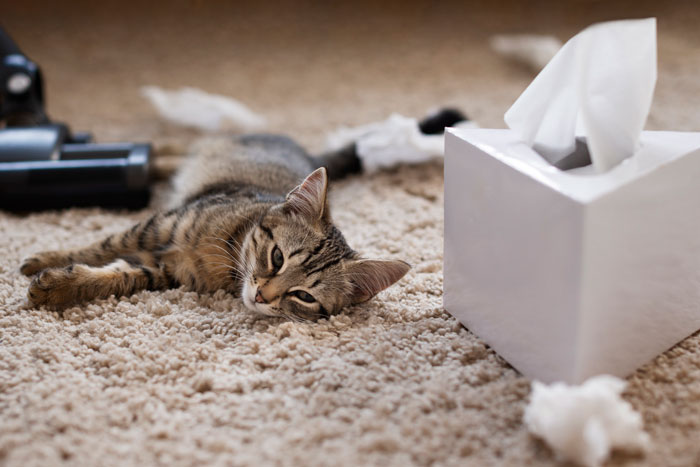 Image credits:
Image credits: 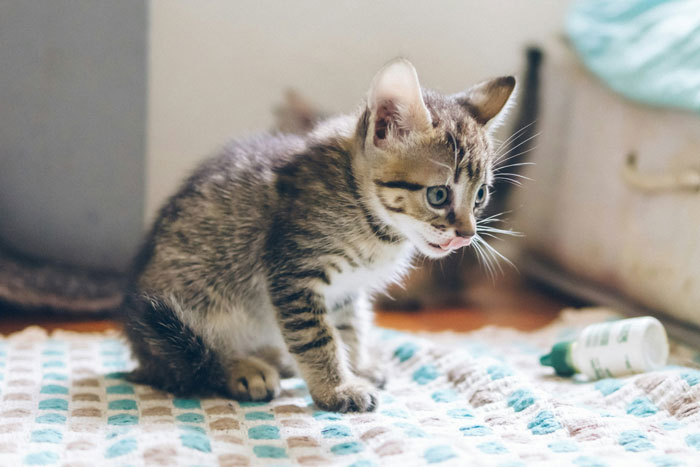 Image credits:
Image credits: 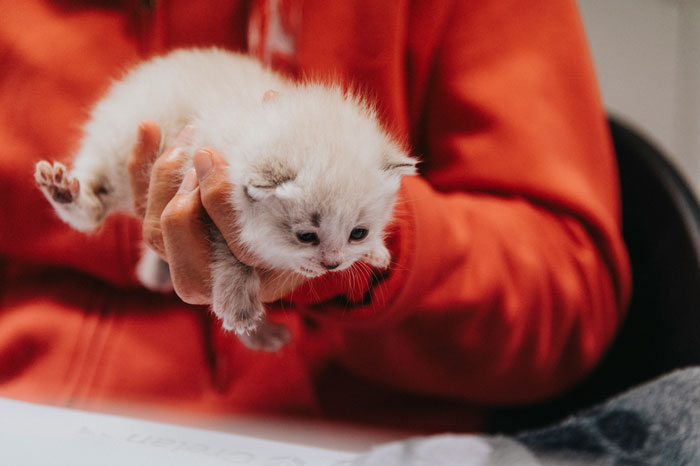 Image credits:
Image credits: 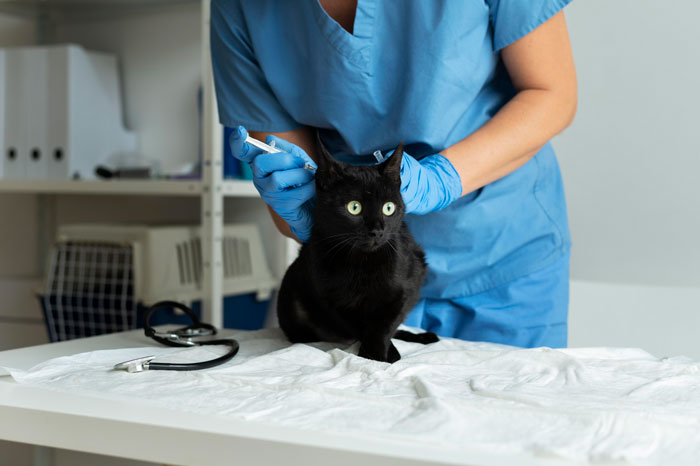 Image credits:
Image credits:  Image credits:
Image credits: 





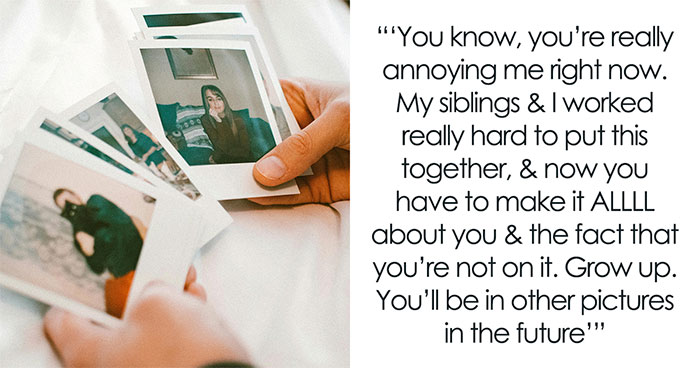
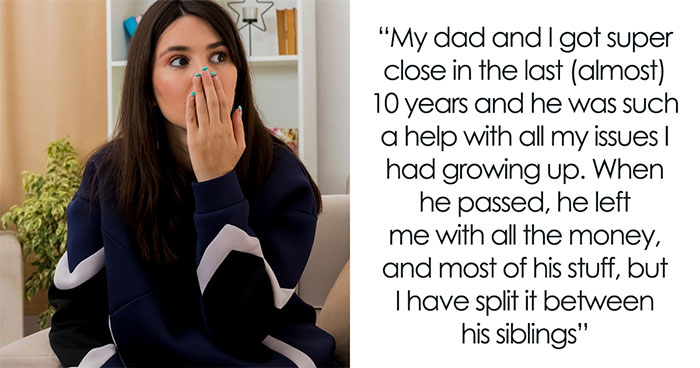
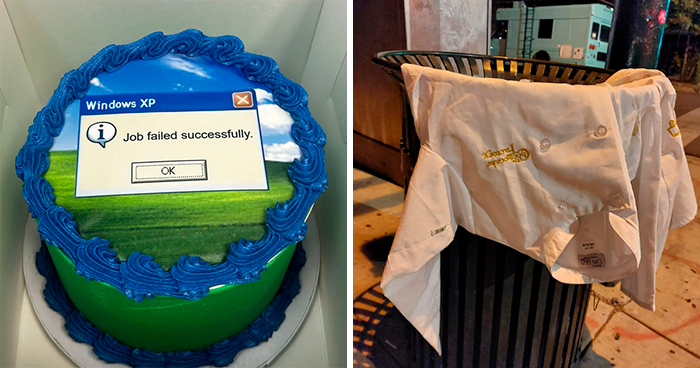
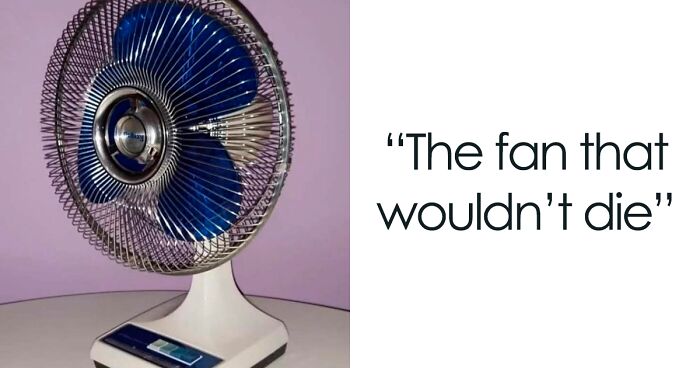





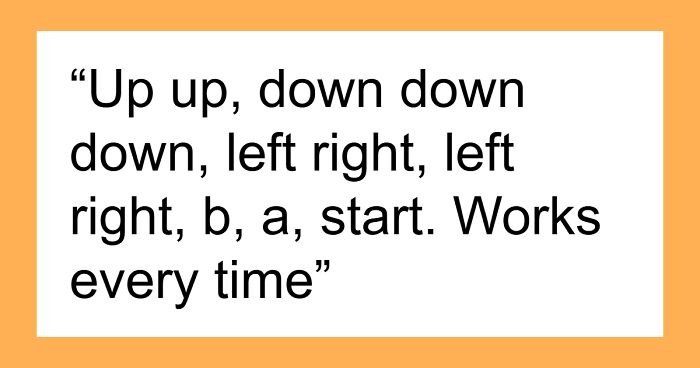
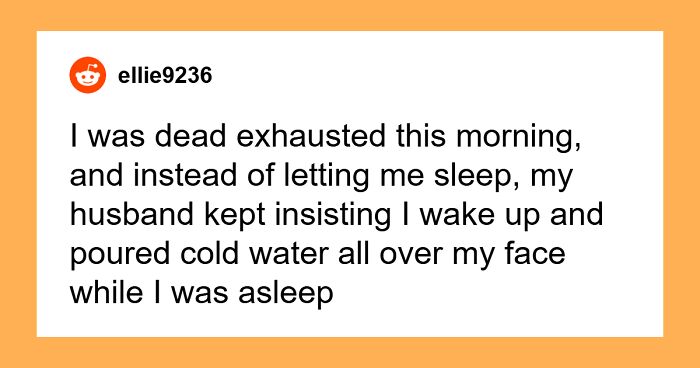






-2
0